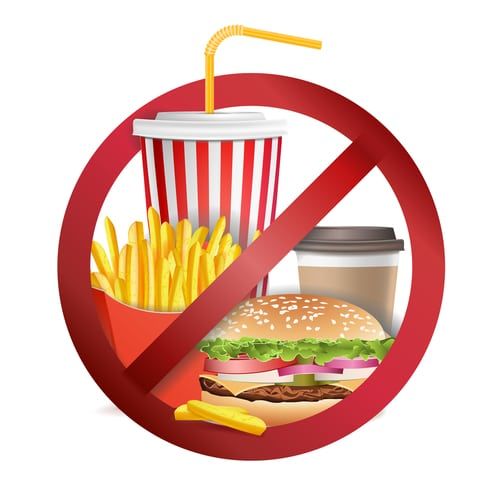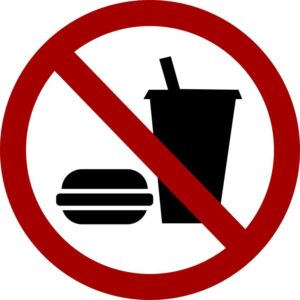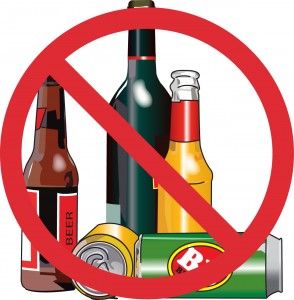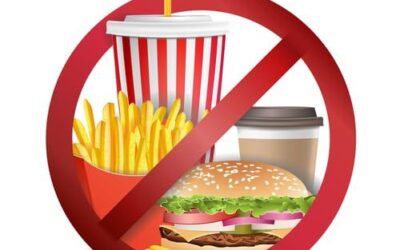food snacks banned

Table of Contents
ToggleThe Growing Trend of Food Snack Bans
food snacks banned :In recent years, the banning of certain food snacks has become a significant trend globally, driven by concerns over public health, environmental sustainability, and cultural sensitivity. Governments, schools, and even private companies are increasingly recognizing the impact that unhealthy snacks, environmentally harmful packaging, and culturally insensitive products can have on society. This essay explores the rationale behind these bans, the specific snacks targeted, and the implications for consumers and industries.
Public Health Concerns
One of the primary reasons for banning certain food snacks is public health. The rise of obesity, diabetes, and other diet-related diseases has prompted governments to take action against snacks high in sugar, fat, and salt. For instance, many countries have implemented regulations to limit the availability of junk food in schools. In the United States, the Healthy, Hunger-Free Kids Act of 2010 set nutrition standards for school meals and snacks, leading to the removal of items like candy bars, sugary drinks, and salty chips from vending machines and cafeterias.
Similarly, in the United Kingdom, the government has launched several initiatives to combat childhood obesity. The Soft Drinks Industry Levy, commonly known as the sugar tax, was introduced in 2018, leading many manufacturers to reduce the sugar content in their beverages. Additionally, there are ongoing discussions about banning the sale of energy drinks to children under 16 due to their high caffeine and sugar content.
read more:technical development| Dynamics of Technological
Environmental Sustainability
Environmental sustainability is another crucial factor driving the ban on certain food snacks. The production and disposal of snack packaging contribute significantly to plastic pollution, which poses a severe threat to marine life and ecosystems. In response, some countries and cities have taken steps to ban single-use plastics, including snack wrappers.
For example, in 2019, the European Union voted to ban a range of single-use plastic items by 2021, including cutlery, plates, and food containers made of expanded polystyrene. This legislation also impacts snack packaging, pushing manufacturers to explore more sustainable alternatives. In the same vein, several US states, such as California and New York, have introduced bans on single-use plastics, encouraging consumers to opt for snacks with eco-friendly packaging.
Cultural Sensitivity
Cultural sensitivity and the desire to promote ethical consumption have also led to bans on certain food snacks. In some cases, snacks that are deemed offensive or inappropriate to certain cultural or religious groups have been restricted. For instance, products containing pork gelatin, which are unsuitable for Muslim and Jewish populations, have faced scrutiny and, in some cases, bans in regions with significant Muslim or Jewish communities.
Additionally, ethical concerns over the sourcing of ingredients have led to bans on snacks containing palm oil, linked to deforestation and human rights abuses. The European Parliament has called for stricter regulations on palm oil imports, urging manufacturers to ensure their products are sustainably sourced. This move has prompted some companies to reformulate their snacks to meet these ethical standards.

Specific Snacks Targeted|food snacks banned
Several specific snacks have been targeted by bans across different regions, each for varying reasons. Some notable examples include:
- Kinder Surprise Eggs: Banned in the United States due to a law prohibiting non-food items embedded within food products, these popular chocolate eggs contain a small toy inside, which poses a choking hazard to young children.
- Trans Fats: Snacks containing trans fats have been banned or restricted in many countries due to their link to heart disease. Denmark was the first country to ban trans fats in 2003, and the US followed suit with a gradual phase-out starting in 2015, culminating in a complete ban by 2018.
- High-Caffeine Energy Drinks: Countries like the UK and Lithuania have banned the sale of energy drinks to minors, citing concerns over their high caffeine and sugar content, which can lead to health issues such as heart palpitations and obesity.
- Plastic-Wrapped Snacks: In response to the growing plastic pollution crisis, several regions have banned snacks wrapped in non-recyclable plastic. For instance, Taiwan has implemented strict regulations on single-use plastics, including snack packaging, pushing manufacturers to adopt more sustainable options.

Implications for Consumers and Industries
The bans on certain food snacks have significant implications for both consumers and industries. For consumers, these bans can lead to healthier dietary habits and increased awareness of environmental and ethical issues. The removal of unhealthy snacks from schools and public institutions helps promote better nutrition among children and adults alike. Moreover, the push for sustainable packaging encourages consumers to make more environmentally conscious choices.
For the food industry, these bans present both challenges and opportunities. Manufacturers must reformulate their products to meet new health standards, develop alternative packaging solutions, and ensure their sourcing practices align with ethical guidelines. While this may incur additional costs, it also opens up new market opportunities. Companies that can innovate and adapt to these regulations are likely to gain a competitive edge, appealing to health-conscious and environmentally aware consumers.
Additionally, the bans can drive industry-wide change, encouraging the development of healthier snacks and sustainable practices. The shift away from trans fats, for example, has led to the creation of alternative fats and oils that offer similar taste and texture without the associated health risks. Similarly, the push for sustainable packaging has spurred innovations in biodegradable and compostable materials.
food snacks banned
The trend of banning certain food snacks reflects a growing awareness of the impact that these products can have on public health, the environment, and cultural sensitivity. As governments and organizations continue to implement these bans, the food industry must adapt to meet new standards and consumer expectations. While these changes present challenges, they also offer opportunities for innovation and positive societal impact. By prioritizing health, sustainability, and ethical practices, the food industry can contribute to a healthier, more sustainable future for all.
